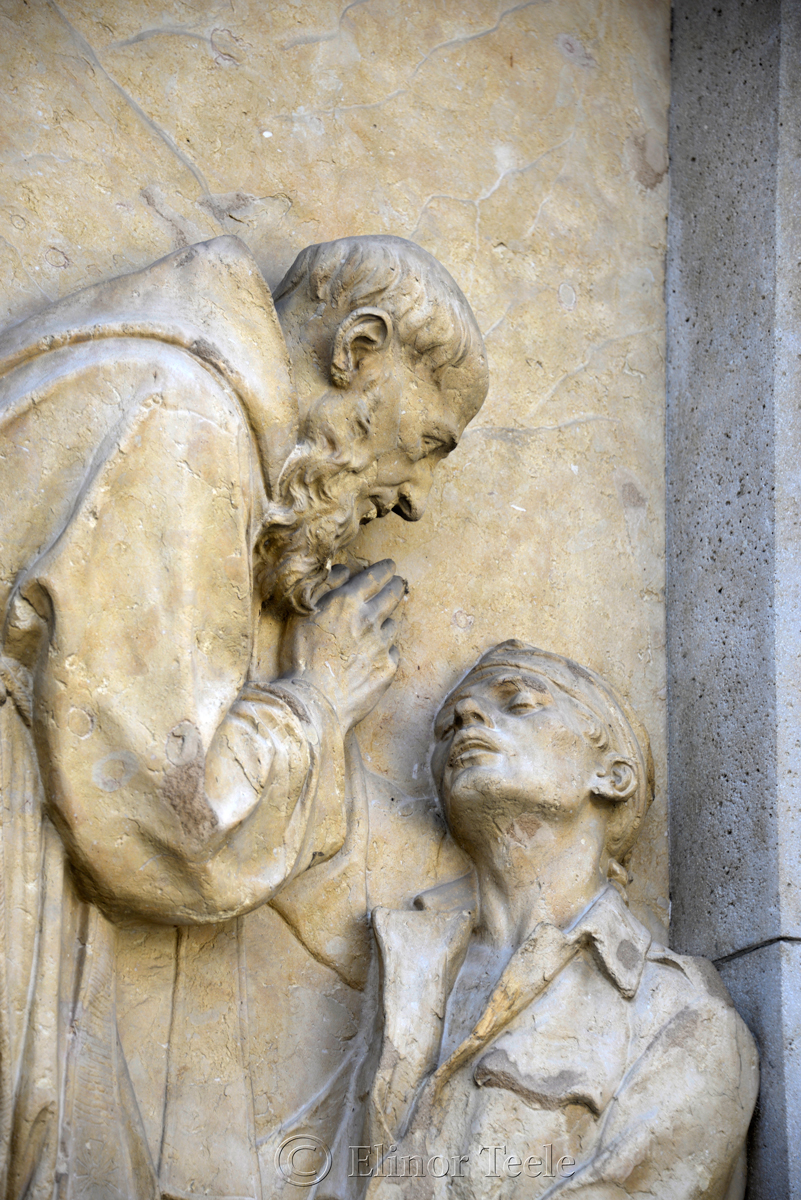There were 53 million people in the Austro-Hungarian Empire at the start of World War I. By the end, 1,200,000-1,494,200 of these men and women were dead or missing in military action; another 467,000 civilians had died of disease or malnutrition.
If you want to get a sense of how the war affected everyday Austrians, read Stefan Zweig’s memoir, The World of Yesterday:
“It soon became impossible to converse reasonably with anybody in the first war weeks of 1914. The most peaceable and the most good-natured were intoxicated with the smell of blood… Every conversation ended in some stupid phrase such as: ‘He who cannot hate cannot really love.'”
In 1915, Zweig visited the Eastern Front, gathering Russian proclamations and placards from Galicia for the War Archives. He saw tattered Russian prisoners, shops “whose contents lay about in the middle of the streets like broken limbs or torn-out entrails,” and soldiers heaped on top of one another in cattle cars.
Near a hospital train filled with the dying, Zweig spoke with the army doctor – a dentist from a small Hungarian village. He had no bandages, no morphine, and no fresh water. He could not understand the language of his patients, who came from all over the Empire, and he could not mop up the flood of blood on the floor.
A priest that was with them proclaimed:
“I am sixty-seven and I have seen much. But I would never have believed such a crime on the part of humanity possible.”

